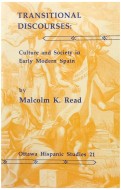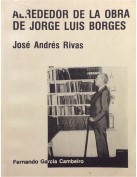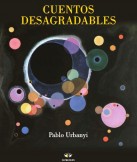Transitional Discourses: Culture and Society in Early Modern Spain
Categories: Literary Criticism
From the standpoint assumed in Transitional Discourses, the subject is always an ideological construct, to be understood, in the case of early modern Spain, within the broader context of the transition from feudalism to capitalism. Produced at the intersection between “animist” and “substantialist” ideologies, the “beautiful soul” remains, in Spain, essentially a compromise formation.
Swimming against the tide of contemporary postmodernism, Malcolm Read argues the need to resume the project of a truly materialist philosophy of language. Language is suffused with desire and sexuality, the site where identities and subjectivities are constructed. It is also locked into the cycle of production and circulation, subjected to the relentless pressures of commodification.
Transitional Discourses explores these and related issues through a series of Baroque, Enlightenment and Romantic texts by, among others, Tirso de Molina, Baltazar Gracián, José Cadalso, Pedro de Montengón and Mariano Larra. Particular attention is paid to points of convergence with contemporary linguistic ideologies.
Malcolm K. Read is a Professor in the Department of Hispanic Languages and Literature at the State University of New York at Stony Brook.









